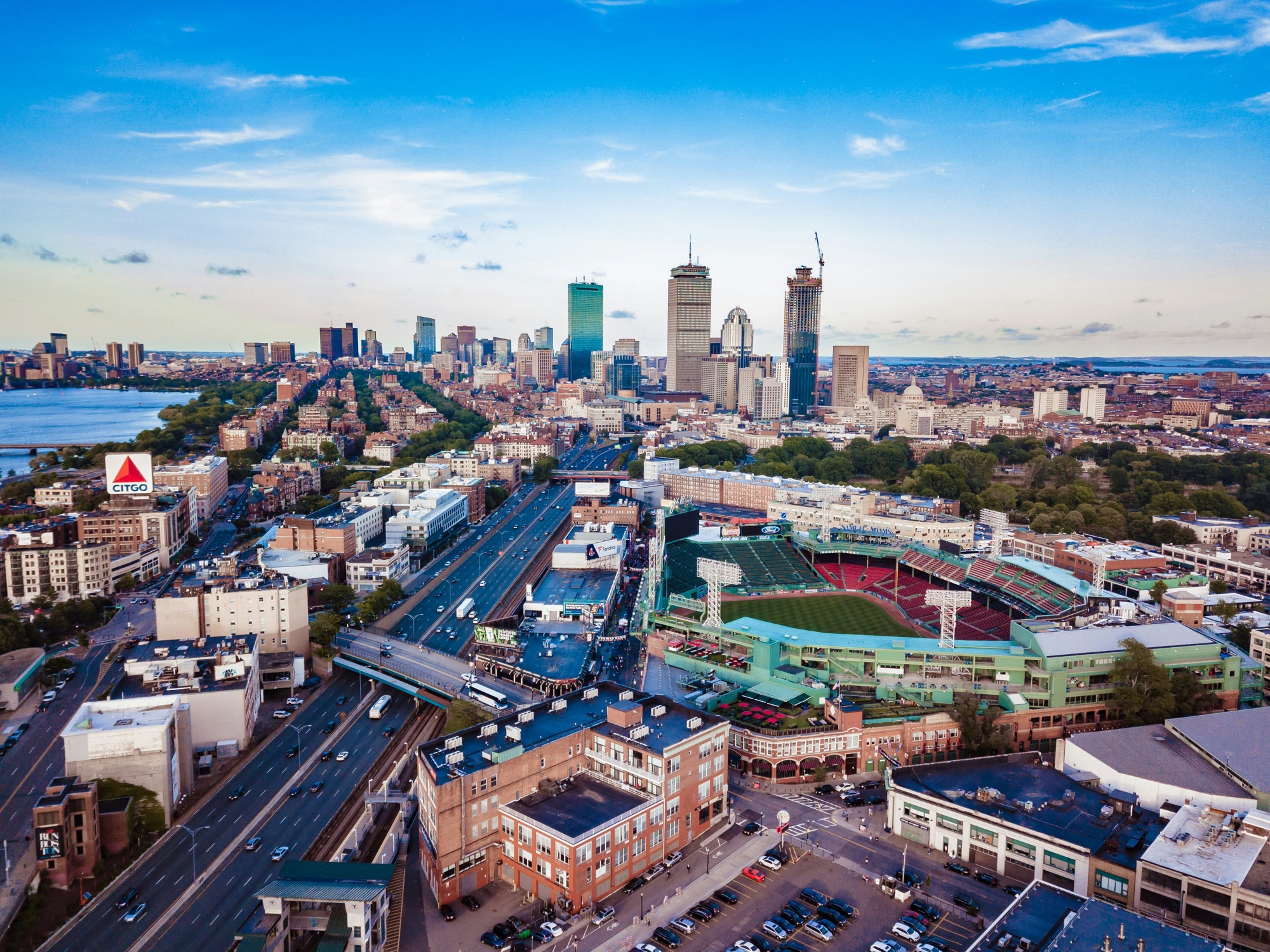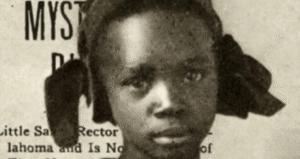Boston, a city steeped in rich history and vibrant culture, often baffles visitors and newcomers with its nickname—Beantown. This quirky moniker might seem puzzling at first, but it encapsulates a fascinating aspect of Boston’s culinary and cultural heritage. Let’s delve deeper into how Boston earned this endearing nickname and explore the traditions that keep it alive today.
The Origin of the Name
The term “Beantown” can be traced back to the colonial era when Boston was a bustling seaport. Residents of the city were known for their love of baked beans, a staple dish in the New England diet. This humble meal, made with navy beans sweetened with molasses and flavored with salt pork, was not just food but a cultural symbol. The dish’s ingredients were affordable and readily available, making baked beans an ideal choice for the working-class families of the time.
Why Molasses?
Molasses played a key role in the recipe due to Boston’s involvement in the triangular trade. Ships would arrive at the Boston harbor loaded with molasses from the Caribbean, a byproduct of the sugar trade. This abundance made molasses a common sweetener in New England cuisine, including the beloved baked beans.
The use of molasses was not only a result of its availability but also a reflection of the city’s economic connections. The triangular trade linked Boston to the Caribbean and Europe, facilitating a flow of goods and cultural influences. Molasses, therefore, became synonymous with the city’s culinary identity.
A Symbol of Hospitality
Baked beans were often prepared on Saturdays and left to bake slowly overnight, ready to be served on Sundays. This tradition was not merely about convenience; it was a reflection of the Sabbath observance, where cooking was minimized. Sharing a pot of baked beans became a gesture of hospitality and camaraderie, further embedding the dish in Boston’s social fabric.
The slow-cooking method allowed flavors to meld and deepen, making the dish not only practical but deliciously inviting. Early Bostonians took pride in their ability to offer this comforting meal to guests, making baked beans a symbol of warmth and welcome.
Historical Significance
During the 1700s, Boston emerged as a critical hub of trade and commerce. Ships from across the Atlantic and beyond docked at its ports, and sailors, traders, and visitors were introduced to the local fare, including the famed baked beans. This dish, hearty and flavorful, left a lasting impression.
Baked Beans and Boston’s Identity
The baked beans became more than just a local delight; they were emblematic of Boston’s identity. The nickname “Beantown” spread as sailors and traders carried tales of Boston’s culinary traditions to other ports. This association with baked beans became a symbol of Boston’s hospitality and its role as a melting pot of cultures and ideas.
The baked beans were not only a reflection of the city’s culinary skills but also its social dynamics. As a port city, Boston was a meeting point for diverse cultures, and the baked beans served as a culinary ambassador, representing the city’s openness and adaptability.
Cultural Exchange in a Port City
Boston’s status as a port city meant it was a place of constant cultural exchange. The sailors who tasted Boston’s baked beans often took the recipe back home or to other ports, spreading the legend of Beantown. This exchange of culinary ideas contributed to the nickname’s endurance and the city’s reputation as a culinary destination.
As trade flourished, so did the exchange of recipes and techniques. Baked beans became a talking point among sailors, leading to a rich tapestry of culinary stories shared across the seas. This legacy of exchange continues to influence Boston’s modern culinary scene, where traditions and innovations coexist.
Modern Usage
Despite the passage of time, “Beantown” remains a popular nickname for Boston, serving as a nostalgic reminder of its culinary legacy. Visitors flock to the city eager to experience its traditional fare, including the iconic baked beans, and in doing so, they keep the spirit of Beantown alive.
Where to Taste Boston’s Baked Beans Today
Several restaurants in Boston continue to serve traditional baked beans, often alongside other New England classics like clam chowder and brown bread. For those seeking an authentic experience, locales such as the Union Oyster House and Durgin-Park offer dishes that stay true to the traditional recipes.
Union Oyster House, the oldest operating restaurant in the United States, provides a historic dining experience where patrons can enjoy a taste of Boston’s past. Similarly, Durgin-Park, known for its rustic charm, serves baked beans that honor the original recipe, providing a culinary journey back in time.
Beyond Beans: Boston’s Culinary Evolution
While baked beans remain a beloved dish, Boston’s culinary scene has evolved, reflecting its diverse population and innovative spirit. Today, the city is home to a wide array of dining experiences, from upscale eateries to food trucks offering global cuisines. Yet, the baked bean tradition endures, a testament to Boston’s ability to honor its past while embracing the future.
The city’s culinary growth showcases its adaptability. Chefs in Boston often incorporate local ingredients with international techniques, resulting in a dynamic food landscape. This evolution ensures that while baked beans hold a special place, they are part of a broader narrative of culinary innovation.
Cultural Legacy and Community
The nickname Beantown is more than just a nod to a culinary staple; it reflects the city’s cultural legacy and community spirit. Baked beans symbolize the resourcefulness and hospitality of early Bostonians, values that continue to define the city.
Boston’s Festivals and Traditions
Boston hosts numerous festivals and events that celebrate its rich history and cultural diversity. Events like the Boston Local Food Festival showcase local produce and traditional recipes, including baked beans, allowing both locals and visitors to appreciate the city’s culinary roots.
These festivals are more than just food events; they are cultural celebrations that highlight Boston’s diverse heritage. From music and dance to arts and crafts, these gatherings offer a holistic experience of the city’s vibrant community.
Community and Tradition
Community gatherings often feature traditional dishes, fostering a sense of unity and continuity. Whether through formal events or casual potlucks, Boston’s residents continue to share and celebrate their culinary heritage.
Neighborhood potlucks and community dinners serve as platforms for sharing stories and recipes, reinforcing the bonds that define Boston’s neighborhoods. These gatherings are not only about food but about creating memories and maintaining traditions in a modern context.
Common Misconceptions and Myths
As with any storied past, the tale of Beantown is not without its myths and misconceptions. Some believe the nickname emerged purely as a marketing gimmick in the 20th century, but historical records suggest otherwise.
Debunking the Myths
While tourism campaigns may have popularized the nickname in modern times, its roots are deeply historical. The widespread use of molasses and the cultural significance of baked beans in the 18th century are well-documented, affirming the nickname’s authenticity.
The notion that Beantown was a marketing creation overlooks the rich historical context that gave rise to the nickname. By understanding the economic and cultural factors of the colonial era, we can appreciate the genuine origins of Beantown.
The Role of Tourism
That said, the tourism industry has certainly played a role in keeping the nickname alive. Souvenirs, tours, and culinary experiences often highlight the Beantown moniker, reminding visitors of Boston’s unique cultural history.
Tour operators and local businesses leverage the Beantown identity to offer visitors a glimpse into Boston’s past. From themed tours to merchandise, the nickname serves as a bridge between the historical and the contemporary, enhancing the city’s appeal as a destination.
Practical Tips for Visitors
For those planning a trip to Boston, embracing the Beantown spirit can enhance your experience. Here are some practical tips for diving into the city’s history and culinary delights:
- Explore Historical Sites: Visit locations like the Boston Tea Party Ships and Museum or the Freedom Trail to understand the city’s rich history.
- Dine Like a Local: Seek out restaurants that serve traditional New England dishes, including baked beans. Don’t miss out on trying variations that incorporate modern twists.
- Attend Local Festivals: Check the city’s event calendar for food festivals and cultural events that celebrate Boston’s heritage.
- Take a Culinary Tour: Join a food tour that highlights Boston’s diverse culinary landscape, offering a taste of both traditional and contemporary dishes.
- Visit Local Markets: Explore places like the Boston Public Market where you can find local ingredients and artisanal products, perfect for a culinary souvenir.
- Engage with Locals: Strike up a conversation with locals who can offer personal recommendations and insights into the best places to experience Boston’s food culture.
Engaging with Boston’s culinary scene provides an opportunity not just to taste, but to understand the city’s identity. The food tells stories of the past and present, offering a unique window into the heart of Beantown.
Boston’s nickname, Beantown, is a delightful reminder of the city’s historical roots and enduring traditions. It speaks to a time when baked beans were more than just a meal; they were a symbol of community and culture. Today, while Boston has grown into a modern metropolis with a diverse culinary scene, the spirit of Beantown remains a cherished part of its identity. Whether you’re a local or a visitor, embracing this aspect of Boston’s heritage offers a deeper connection to the city and its storied past.




